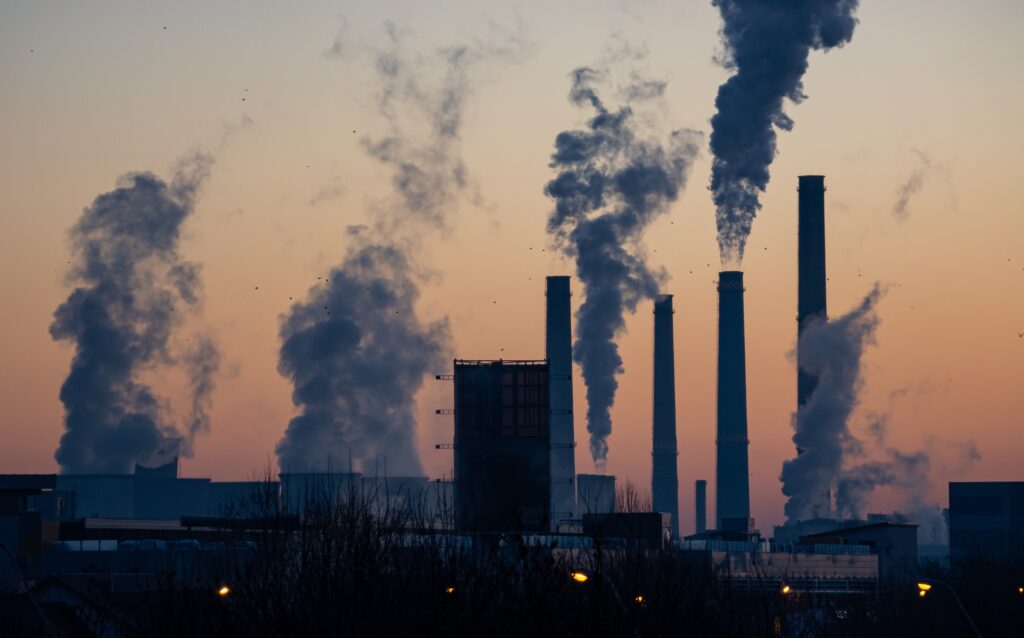
RESEARCH
Since the Industrial Revolution, humankind has achieved remarkable progress by consuming numerous resources and fossil fuels to produce a variety of products and services.
Urban infrastructure has been developed, mass production, consumption, and disposal of goods have become commonplace, and our lives have become incredibly convenient and affluent.
On the other hand, this style of production and consumption that pursues convenience and economy is already reaching its limits.
The mass production/consumption type socioeconomic system has brought about various environmental and social problems (climate change, destruction of nature, resource depletion and soil, ocean, and air pollution, children, low wages, long working hours, etc.) as side effects.
To mitigate these environmental and social problems, we need to urgently shift from the previous mass-production/consumption-based socioeconomic system to an optimal production/consumption-based sustainable socioeconomic system.



The twelfth of the Sustainable Development Goals (SDGs) adopted by the United Nations in 2015 is “Responsible Consumption and Production”.
The initiative aims to ensure a pattern of Sustainable Consumption and Production (SCP), which is key to sustaining the livelihoods of current and future generations.
It is important that businesses (producers) and individual citizens (consumers) in all countries, from developed to developing, work together to shift to more sustainable patterns of production and consumption.
In light of the above, one of the issues our laboratory is working on is the sustainability analysis of production activities.
As mentioned above, fossil fuel-based production activities cause various environmental problems such as global warming and air pollution.
In addition to these environmental problems, production activities that excessively pursue economic efficiency also pose the risk of various social problems such as child labor and labor under adverse environmental conditions.
How can we shift to production activities that do not cause such environmental and social problems (i.e., are sustainable)?
This is the first focus of our research.


No matter how many sustainable products and services a producer produces, they are meaningless if they are not consumed.
In general, environmentally friendly products and services are more expensive than other products and services (e.g., electricity produced from renewable energy is more expensive than that produced from fossil fuels).
With this in mind, a research question we are simultaneously working on is the sustainability analysis of consumer behavior.
In order to continue sustainable production activities, support from consumers is essential.
How can we help consumers to embed environmentally and socially conscious consumption styles (e.g., energy saving, recycling, etc.)?
This is another focus of our research.